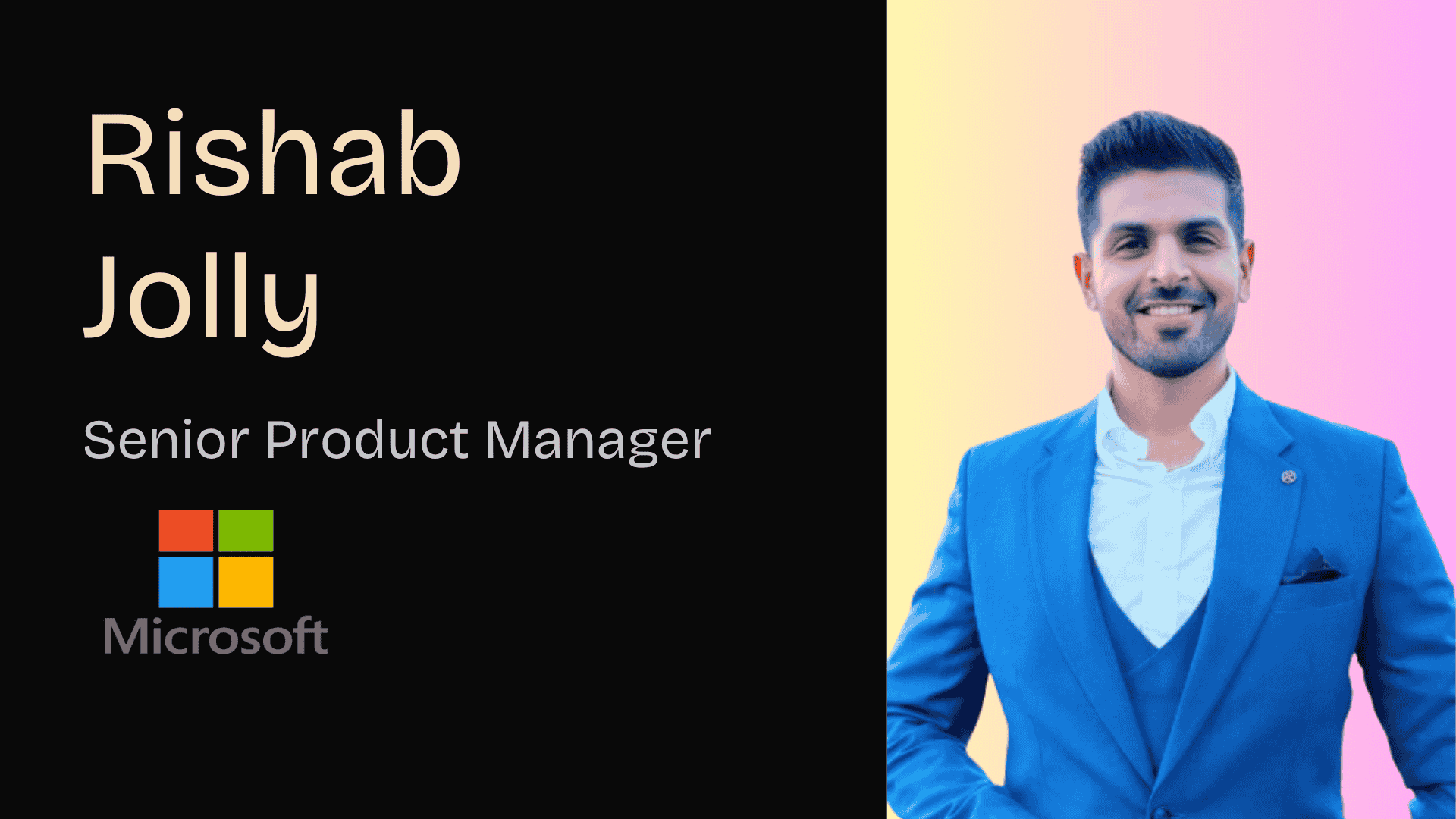Platform Product Management - AMA with Tabassum Memon
Hello folks! Welcome back to our weekly AMA series. This week we were elated to invite Tabassum Memon, Sr, Program Manager at Amazon.
Tabassum is a product manager with more than 14 years of experience who believes in Lean Product Development and the Platform First approach. She is an experienced Platform Product Manager who has worked with senior product leaders and executives of large enterprises in migrating from product to platform, defining the product and platform strategy, building and executing product roadmaps and continuously shipping products to markets. She has seen the mistakes that organizations make when moving to the Platform model and has developed frameworks for companies to avoid those mistakes.
Currently, she is working as a Sr. Program Manager with Amazon. She is also a product advisor for Classroom Hunt, the company she co-founded. Classroom Hunt is a platform for parents to search schools for their kids and schools to reach out to parents.
So let's jump straight into the AMA!
How do you see the paid learner market in India to grow? Where will the driving factors come from?
I see the paid learning market growing for students who are about to start their career and professionals who are in early stages when they want to grow their skills or specialist in a particular area or field. As the demand for specialization and depth of knowledge in particular is increasing, the paid learner market will grow significantly.
What are the platform business models?
Platform business model, enables the interaction and completion of transaction between demand and supply side (producer and consumer). For example, Uber helps riders meet drivers and enables completion of a ride.
In today’s competitive edtech market, is there a need for an aggregator or comparison tool to help learners or parents?
The need for an aggregator or comparison tool to help learners or parents now is more than ever. With growing competition, the need for comparison increases. For example, earlier when Air India was the dominating airline, users had no choice but to use it. But with more airlines starting, users want to compare which is the better option in terms of price, customer service, convenience, safety, etc. And hence the demand for platforms like Expedia, Clear Trip started increasing. The more the competition, the greater is the need for aggregators.
What differentiates a good product manager from a great product manager?
A great product manager understands what his customers need and is good at prioritization. If you can prioritize features that your customers need and are sustainable/profitable for your organization you don't have to worry about anything else. But it is also the most difficult and challenging part of the product manager role.
What are the common pitfalls you see early stage PMs getting themselves into?
In my opinion the common pitfalls are getting trapped in competitive parity, blindly copying features from competition without understanding the unique selling point for your product.
What kind of factors influence your hiring decision?
- Ability to Learn
- Positive Attitude
- Collaborative nature
These are some of the qualities I value in candidates more than hard skills.
How do you look at Program Management vs Product Management internally at Amazon?
According to me there is a lot of overlap in the two roles. If I have to draw the product/feature timeline, in the start product managers have heavy lift and shift, in the middle both have equal responsibilities and during the end it is program heavy. Most companies don't even have two separate roles.
Any resources you can recommend on how to solve for activation and retention for platform products specifically?
There are few books available in the market like Platform Revolution that have these topics covered. You can also find a detailed Platform Product Management guide in my book Effective Platform Product Management.
https://www.amazon.com/Tabassum-Memon/e/B09CY3X5TH?ref=sr_ntt_srch_lnk_1&qid=1649343046&sr=1-1
How do you make a product which is based on information consumption (e.g. Classroom Hunt) and actually change that into a platform where users are motivated to contribute themselves?
This is the question that has come at the right time. We are actually in the process of revamping Classroom Hunt to make it more crowd sourced where educators can upload and share content and students and parents can consume that content. In this case we started with a semi platform where we gathered all the school information and added it to the platform and once we have significant schools/educators added to the platform and a decent number of users (students/parents) we can start asking educators to maintain their own pages and start sharing educational content.
What were your biggest challenges when you moved to PM? How did you overcome them?
Understanding the difference between what customers actually need and not what they want is the biggest challenge. To overcome this challenge, continuously talking to customers is important. Asking them problem statements and presenting the options of solutions. Don’t ask them for solutions. I always share the quote from Henry Ford in this scenario, he said, “If I would have asked the user, they would have wanted faster horses and not cars.”
What are key levers that drive your 99% users from consuming information to meaningfully contributing?
If users are getting benefit from contributing information they will be motivated. For example, why people share information on Twitter or Facebook. They are getting some direct or indirect benefits like brand promotion, social recognition, etc. Similarly if educators can reach maximum students on these platforms it is free advertisement for them. So increasing the number of students/parents will motivate them to contribute.
Want to join the next conversation? We’ll be having another Product Chat soon, get your invite to our Slack community to get all the details. See you inside.
.gif)





.avif)
.avif)

.avif)
.avif)
.avif)

